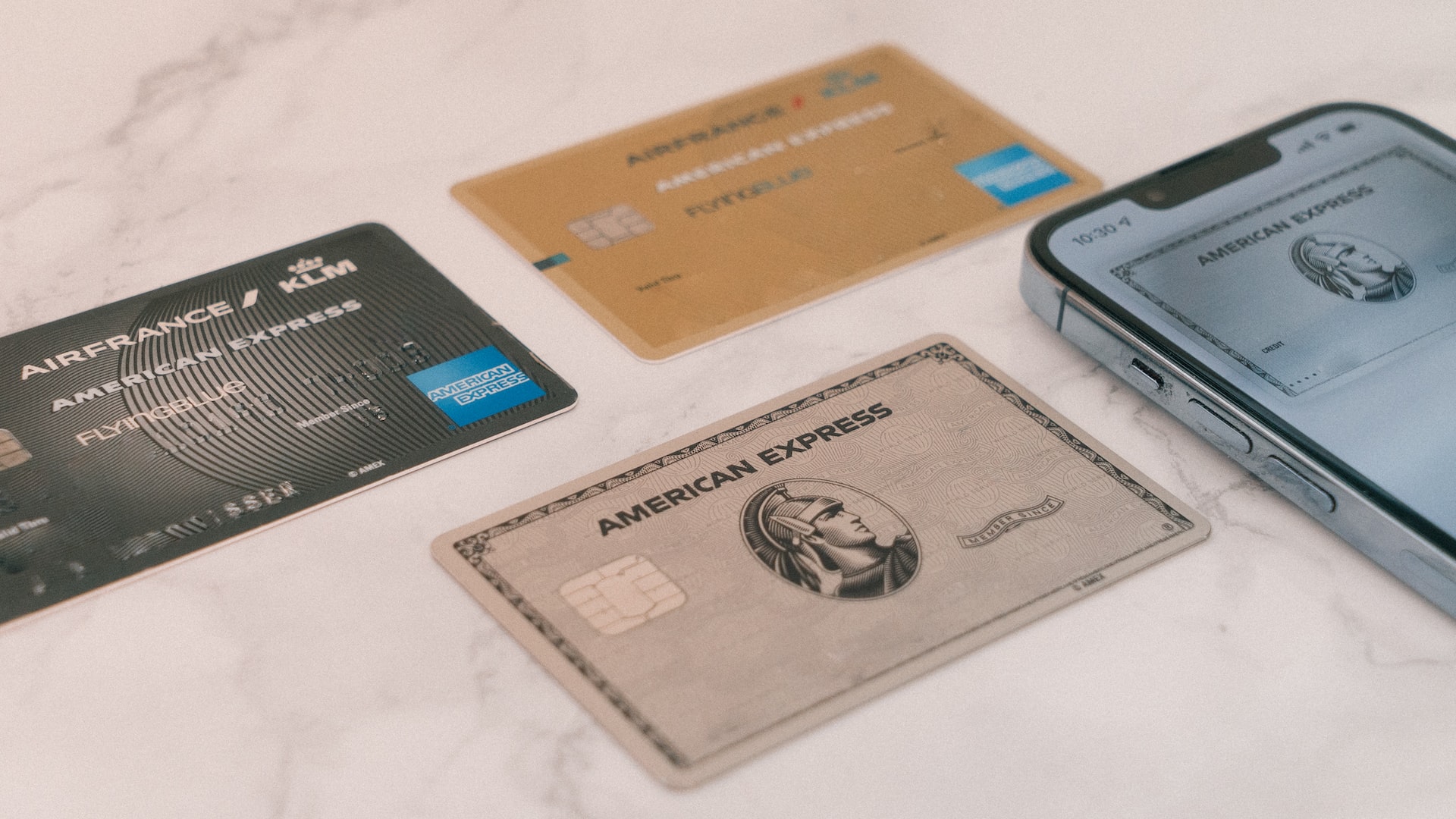A credit card can help you build credit and get rewards, and opening more of them will increase your credit limit and rewards programs. For example, some people have separate credit cards for travel rewards and cash-back rewards. You can also open a new credit card to capitalize on an introductory APR that temporarily stalls the credit card debt snowball. However, too much of a good thing can become troublesome.
Some people with multiple credit cards wonder if they have too many. Opening more credit cards makes it more difficult to stay on top of each one and can cause financial stress. The maximum number of cards you should have depends on your unique financial situation. Although each person is different, general guidelines can help you gauge if you’re fine with your current credit card roster or if you should slow down. Here’s how to determine if your collection of credit cards is ideal or if you have way too many.
Is There an Ideal Number of Credit Cards You Should Have?
There’s no specific threshold on the number of credit cards you should have. In fact, having several credit cards could be beneficial if you can responsibly manage all of your accounts and take advantage of the benefits they offer. However, missing payments, stretching your budget too thin, or throwing away money on annual fees means you could be overextended. These issues can turn advantageous credit cards into a quagmire that drags your finances.
Is It Good to Have Multiple Credit Cards?
It’s completely normal to have multiple credit cards, and you’re definitely not alone if you’re in this category. On average, Americans have between three and four open credit cards. Having multiple credit cards isn’t entirely bad. In fact, it could be quite beneficial if any of the following apply:
- You enjoy the incentives and protections that come with various credit card products.
- You capitalize on welcome offers (or sign-up bonuses) to boost your pockets.
- You take advantage of introductory promotional APRs to consolidate expensive debt and save a bundle in interest.
- You leverage the accounts to accumulate valuable travel and cash-back rewards that result in sizable cost savings and generous returns.
- You own a business and use a business credit card(s) as a source of capital as needed.
Advantages of Having Multiple Credit Cards
Managing multiple credit cards has several advantages. Here are some of the notable perks of having 3-4 credit cards (or more) like the average American.
- You can earn extra cash or save money from cash-back or travel credit cards. Many credit cards offer more points or travel rewards for specific expense categories. You can decide which credit card to use for a purchase based on the expense category to increase your total rewards.
- Your credit utilization rate will be lower if you have high credit limits but only use a small percentage of your available credit. The credit utilization ratio makes up 30% of your credit score, and a good utilization ratio can help you get better loan terms in the future.
You have more than one credit account building your payment history. The activity on each credit card gets reported to the major bureaus.
Disadvantages of Having Multiple Credit Cards
- If the credit cards come with annual fees, you could spend several hundred or thousands of dollars, even if you don’t use the card. The annual fee may not seem like much, but if you compound it over 10-20 years, it can add up in a big way. You could invest that money or use it to cover the debt on another credit card instead.
- Each credit card application results in a hard credit check, an event that negatively impacts your credit score.
- You’re more likely to fall behind or miss credit card payments if you aren’t organized and have bad spending habits, damaging your credit score in the process. It’s possible to stay organized if you set reminders, create a spreadsheet, or follow another strategy that works for you. However, it gets more challenging to stay organized as you add more credit cards to your wallet.
- Your credit utilization ratio will increase as you rack up debt, which could also mean bad news for your credit score. While you can get a low credit utilization ratio by opening multiple cards, building up debt on all of your cards will create the opposite effect. A high credit utilization ratio is more difficult to trim if it encompasses several credit cards.
How to Determine If You Have Too Many Credit Cards
One credit card opens many doors, but too many credit cards can cause more trouble than they’re worth. If you are not sure if your number of credit cards is a strength or liability, you can take these steps to get a better perspective.
Review Your Credit Report
Get a copy of your credit report from the three major credit bureaus – Experian, TransUnion, and Equifax. Each credit bureau must provide you with a free credit report every year. If you request a credit report from each credit bureau every four months, you can get reports without paying for them. Review each credit report in its entirety and note any negative but accurate information that appears. For example, you may be overextended if your credit profile is filled with many delinquent accounts or missed payments. It may be a sign to dial back with your credit cards and focus on the few cards that provide the most value.
Look at Your Credit Utilization and Payment History
Does your payment history indicate that you’ve made all your monthly payments on time? Are all of your accounts in good standing? Is the credit utilization rate on your credit cards at an acceptable level – preferably at or below 30 percent? These are the most important questions to use when framing your current credit card management. Credit utilization and payment history are the two most critical components of your score, making up 65% of your score. Having a bad payment history and credit utilization can result in poor credit. It’s not worth having multiple credit cards open if these two areas need significant improvement.
Inquire What Your Credit Card Company Thinks
Credit card companies want to make money. They make money from interest and fees, but if someone falls too far behind on debt, credit card companies may have to call a debt collector, an undesirable outcome for both parties. Credit card companies have data on millions of users. They can determine how many credit cards are too much for the average person by reviewing their data. You can call your credit card issuer’s customer support or look at their online library of resources for more insights. Some credit card companies recommend a maximum number of cards to open.
How Well You’re Managing Your Cards
Can you keep up with the payment due dates while maintaining low balances on your credit cards? If so, chances are you’re doing an effective job at managing your cards. But if it’s the opposite, you may have more credit cards than you can responsibly handle. It doesn’t matter how many credit cards you have as long as you can stay on top of them and don’t have excessive annual fees.
How It Affects Your Credit Score
Your credit score is one of your most important financial numbers. It impacts your monthly loan payments, where you live, and how much financing you get for future projects. Your credit score‘s current trend can help determine if you have too many credit cards. A stagnant credit score may not be a bad thing, especially if you already have good credit. If you have a good credit score, chances are the number of credit cards you have works for you.







